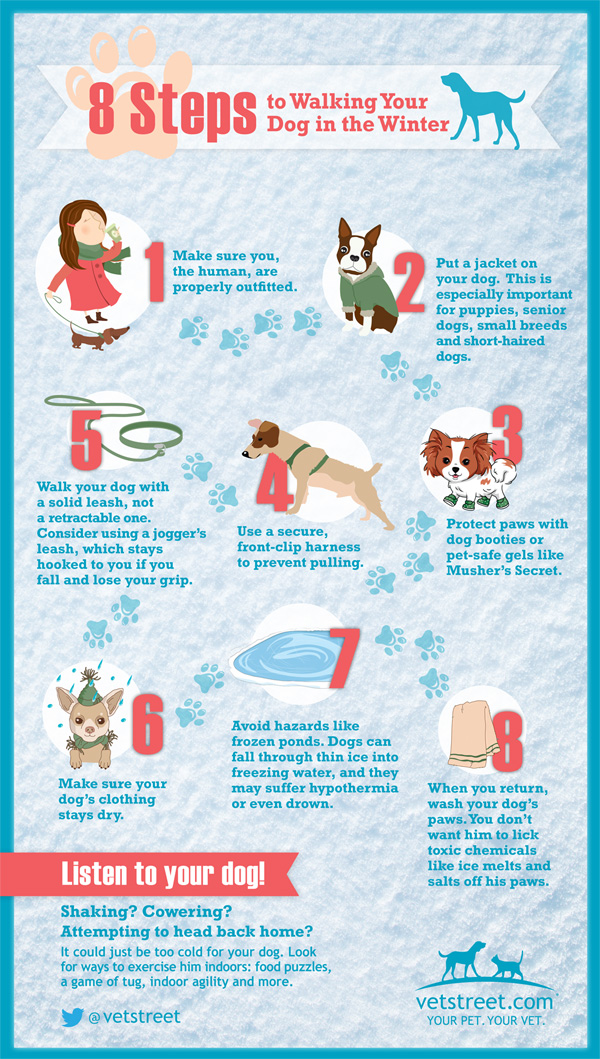Dog Daycare Vs Pet Sitter
Dog Daycare Vs Pet Sitter
Blog Article
Can Pet Day Care Cause Illness?
Pets in day care receive great deals of workout, socialization with various other canines and unique experiences. This can be particularly handy for pups and canines with behavioral concerns.
There are a number of lawful factors to consider you require to take into account when starting a dog day care service. These consist of the framework of your organization and conformity with government policies.
1. Dog Distemper
Canine distemper is spread with straight contact with the physical liquids and waste of a contaminated pet, yet it can also be transmitted through shared water and food bowls or with airborne droplets. This extremely transmittable ailment is most unsafe for puppies, but it can impact dogs of any age and is fatal for many if left without treatment.
Preliminary signs and symptoms of canine distemper usually resemble an acute rhinitis, consisting of dripping eyes and nose with watery or pus-like discharge. As the condition proceeds, a dog will develop fever, coughing, reduced appetite, vomiting and diarrhea. The virus can additionally strike the nerves, resulting in seizures, shivering and partial or full paralysis.
Reliable daycares reduce exposure to infection by requiring vaccinations, regular health examinations and adhere to rigorous health methods. If your dog seems excessively exhausted or limping, a day of rest may help him recoup, yet you need to stay clear of taking him back to day care up until these signs clean up.
2. Kennel Cough
Kennel cough, additionally called transmittable canine tracheobronchitis or Bordetella, is an extremely infectious viral or bacterial disease that affects the respiratory system system. It's typically transferred via the exchange of saliva or air beads that an ill canine exhales. Social dogs go to greater danger for infection due to their frequent communication with each other, such as when they play, share food or water, smell one another or simply meet in a jampacked atmosphere like a canine park or daycare.
The most usual sign of kennel cough is a persistent and strong cough that sounds like something embeded the throat or retching. Usually, pet dogs will cough up foamy white phlegm. If left without treatment, a canine can develop pneumonia and go to severe danger for life.
A reliable daycare center ought to have strict cleansing and cleanliness procedures, sanitize all playthings, food and water bowls frequently, and be open about their inoculation plans. Keeping your pet as much as date on their inoculations, particularly for bordetella and canine influenza, will substantially minimize their possibilities of contracting the health problem.
3. Parvovirus
Canine parvovirus, or parvo, is an extremely contagious viral health problem that can be lethal for puppies and young person canines with poor body immune systems. It's most typically spread out by straight contact with contaminated pet feces-- which can occur when dogs smell, lick, or taste contaminated feces-- and indirectly from polluted individuals, items, or environments (like kennels, brushing rooms and grass). Young puppies and dogs without total vaccination backgrounds are especially at risk to parvo.
The virus is extremely durable, surviving in the setting for up to 9 years, and can easily be moved between pets by get in touch with via feces or on shoes, garments, and bedding infected with parvovirus. If not dealt with instantly with IV liquids, electrolyte balance, throwing up control medications and prescription antibiotics to prevent additional bacterial infections, a canine will swiftly dehydrate and create severe looseness of the bowels, which leads to shock and blood poisoning. Parvo is difficult to treat once a pet dog has actually become ill, yet with appropriate vet treatment, numerous pups do survive this health problem.
4. Canine Influenza
Pooch influenza infection is very infectious and spreads via straight get in touch with, sharing food and water bowls, licking or dog boarding near me within 5 mi nuzzling various other canines, via airborne droplets, and via contaminated surface areas. Inoculation is effective in minimizing the risk of infection and break outs.
The majority of affected pet dogs develop a moderate respiratory system infection with a cough that lasts 1-3 weeks. They might additionally have nasal and ocular discharge, sneezing, and sleepiness. Several of the most severe instances result in pneumonia and a high fever.
If your pet dog shows any of these signs, do not bring them back to childcare until they are healthy and balanced. If your pet is showing indications of severe fatigue or limping, talk with your vet immediately and see to it they get on good health supplements to assist construct their immunity. A veterinarian will certainly review your dog for signs of the influenza by taking an example from the nose or throat, and blood tests can be done to confirm.